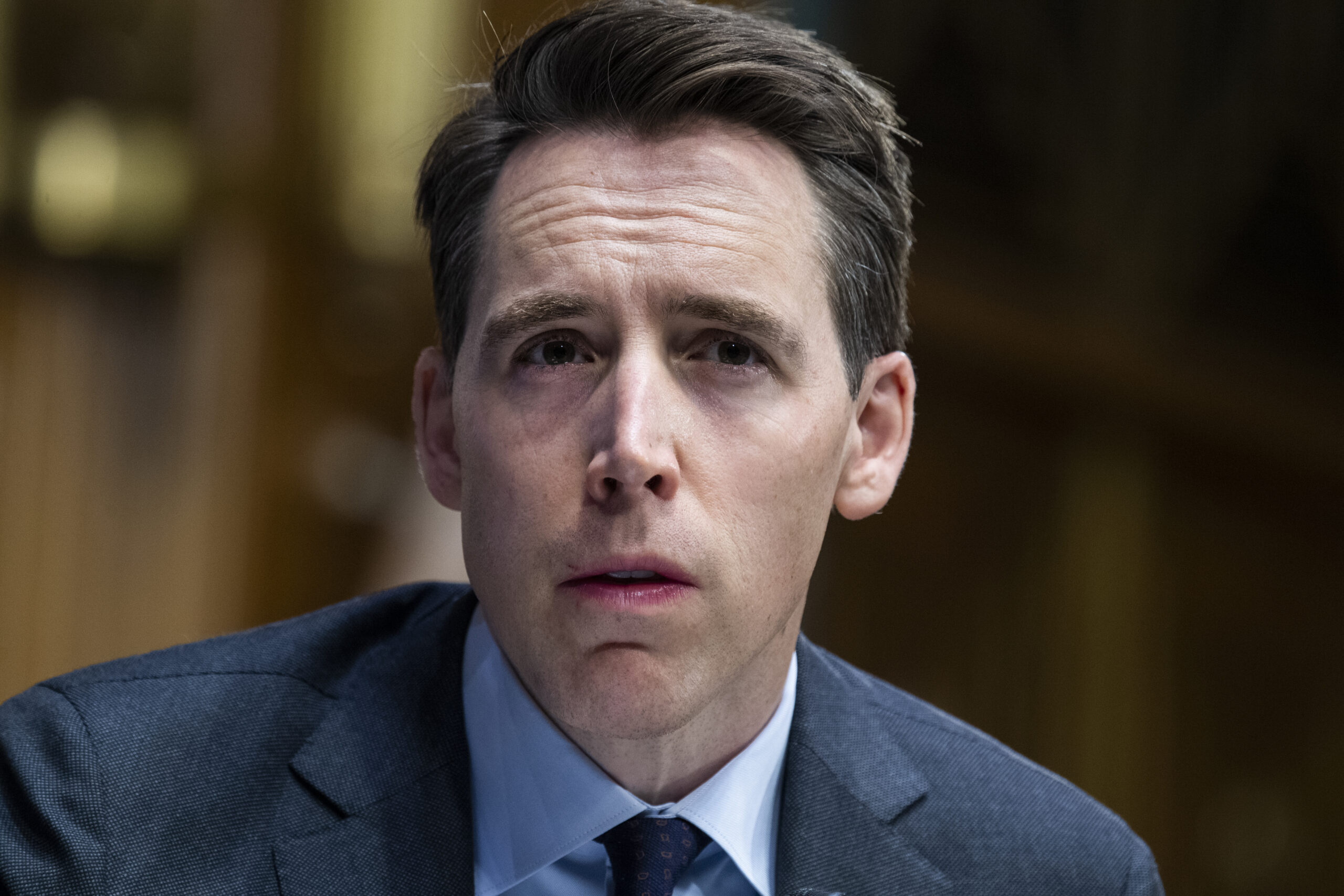The Trump Factor: Weighing The Odds Of Ukraine Joining NATO

Table of Contents
Trump's Ambivalence Towards NATO and its Impact on Ukraine
Trump's presidency was marked by a distinct skepticism towards NATO, a military alliance crucial for Ukraine's security aspirations. This skepticism undermined confidence among NATO allies and potentially hindered Ukraine's pursuit of membership.
- Questioning NATO's Value: Trump repeatedly questioned the value of NATO, suggesting that member states were not contributing enough financially and strategically. This rhetoric sowed discord within the alliance and raised doubts about the reliability of the US commitment to collective defense.
- Weakening Deterrence: Trump's actions, or inaction, in directly supporting Ukraine against Russian aggression could be interpreted as weakening the NATO deterrence strategy. A strong NATO presence is seen as a crucial deterrent against further Russian expansionism. Trump's perceived reluctance to firmly confront Russia undermined this deterrent effect.
- Favoritism Towards Russia?: Instances where Trump's rhetoric appeared to favor Russia over Ukraine fueled concerns about US commitment to Ukrainian sovereignty and territorial integrity. This perception significantly diminished Ukraine's strategic importance within a NATO context, making its membership bid appear less urgent.
- Impact on Transatlantic Relations: Trump's approach to NATO strained transatlantic relations, impacting the trust and cooperation necessary for a smooth expansion of the alliance to include Ukraine. This damage to the alliance's internal cohesion directly affected Ukraine's prospects.
The Role of Russian Interference and its Influence on the Debate
Russian interference in the US elections and its ongoing disinformation campaigns significantly influenced the debate surrounding Ukraine's NATO bid, particularly during the Trump administration.
- Election Meddling and Policy Decisions: The extent of Russian interference in the 2016 US election remains a subject of investigation and debate. However, the potential for such interference to influence policy decisions regarding Ukraine's NATO bid cannot be dismissed.
- Amplified Disinformation: Russian disinformation campaigns aimed at undermining support for NATO and Ukraine were arguably amplified during the Trump administration due to a perceived lack of forceful countermeasures. This created a more challenging environment for Ukraine's NATO aspirations.
- Russian Aggression and NATO Membership: Russia's annexation of Crimea and the ongoing conflict in Donbas dramatically impacted the debate surrounding NATO membership for Ukraine. The escalating aggression highlighted the need for stronger security guarantees, potentially bolstering arguments for Ukraine's inclusion within NATO.
- Emboldened Russia: Trump's perceived reluctance to confront Russian interference in Ukraine potentially emboldened Russia and weakened the resolve of some potential NATO allies, making the path to NATO membership for Ukraine more difficult.
The Shifting Geopolitical Landscape and Ukraine's NATO Aspirations
The ongoing war in Ukraine has fundamentally reshaped the geopolitical landscape in Europe, significantly altering the discussion surrounding Ukraine's NATO aspirations.
- Increased Support for NATO Engagement: The war has galvanized support within NATO for a stronger engagement in the region, highlighting the alliance's crucial role in deterring further Russian aggression.
- Arguments For and Against Immediate Membership: The debate surrounding Ukraine's immediate NATO membership is complex. Arguments for membership emphasize the need for collective defense and deterrence against further Russian attacks. Conversely, concerns exist regarding the potential for escalating the conflict and triggering a direct confrontation between NATO and Russia.
- European Security: The war in Ukraine has underscored the fragility of European security and the critical importance of strong alliances like NATO in maintaining regional stability. Ukraine's inclusion is now being viewed as not just a benefit to Ukraine but a necessity for regional peace.
Assessing the Long-Term Implications of Trump's Legacy on Ukraine's NATO Prospects
Comparing the approaches of the Trump and Biden administrations toward Ukraine and NATO reveals a stark contrast in foreign policy.
- Contrasting Approaches: The Biden administration has adopted a significantly different approach to Ukraine and NATO, prioritizing strong support for Ukraine's sovereignty and territorial integrity. This contrasts sharply with the more ambivalent stance of the Trump administration.
- Biden's Commitment to Ukraine: The Biden administration's commitment to providing military and financial aid to Ukraine demonstrates a clear shift in US foreign policy, strengthening arguments for Ukraine's NATO membership.
- Current State of Debate within NATO: While the debate continues within NATO regarding Ukraine's membership, the increased military support and the recognition of the Russian threat have made the possibility of future membership more likely than during the Trump era.
- Long-Term Impacts on US-Ukraine Relations: The long-term impacts of Trump's legacy on US-Ukraine relations are still unfolding. However, the Biden administration’s strong commitment to supporting Ukraine and its more robust engagement with NATO suggest a move towards stronger, more reliable partnerships.
Conclusion
The "Trump factor" remains a significant variable when assessing the probability of Ukraine joining NATO. His administration's ambivalent stance toward the alliance and perceived appeasement of Russia cast doubt on the strength of the US commitment to Ukraine's security. While the current geopolitical landscape, shaped by Russia's invasion, has strengthened arguments for Ukraine's NATO membership, the lingering effects of Trump's policies cannot be ignored. Understanding these lingering effects is crucial to accurately evaluating Ukraine's long-term prospects for NATO membership. Further analysis is needed to fully grasp the evolving dynamics and predict the future of Ukraine's quest to join NATO. The impact of the Trump administration's actions on this crucial geopolitical issue deserves continued scrutiny. Staying informed about the ongoing developments related to Ukraine and NATO is essential for understanding the future of European security.

Featured Posts
-
 White House Cocaine Found Secret Service Concludes Investigation
Apr 26, 2025
White House Cocaine Found Secret Service Concludes Investigation
Apr 26, 2025 -
 A Side Hustle Access To Elon Musks Private Company Stakes
Apr 26, 2025
A Side Hustle Access To Elon Musks Private Company Stakes
Apr 26, 2025 -
 The Next Fed Chair Inheriting Trumps Economic Challenges
Apr 26, 2025
The Next Fed Chair Inheriting Trumps Economic Challenges
Apr 26, 2025 -
 Exclusive Access A Business Opportunity In Elon Musks Private Companies
Apr 26, 2025
Exclusive Access A Business Opportunity In Elon Musks Private Companies
Apr 26, 2025 -
 Beyond The Mouse 7 Fresh Dining Experiences In Orlando 2025
Apr 26, 2025
Beyond The Mouse 7 Fresh Dining Experiences In Orlando 2025
Apr 26, 2025
